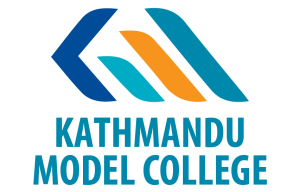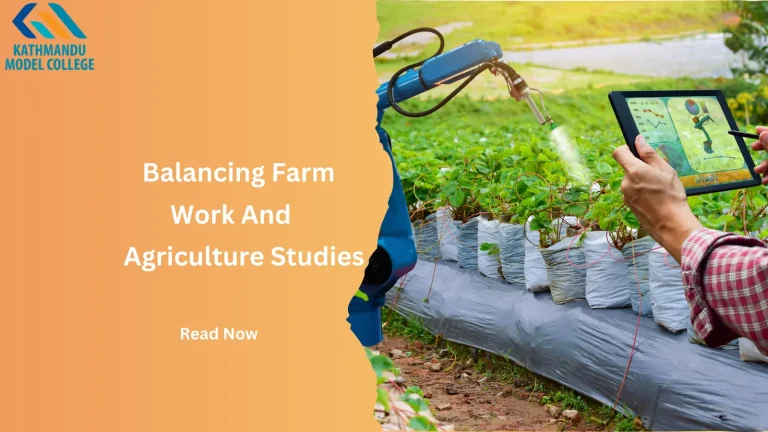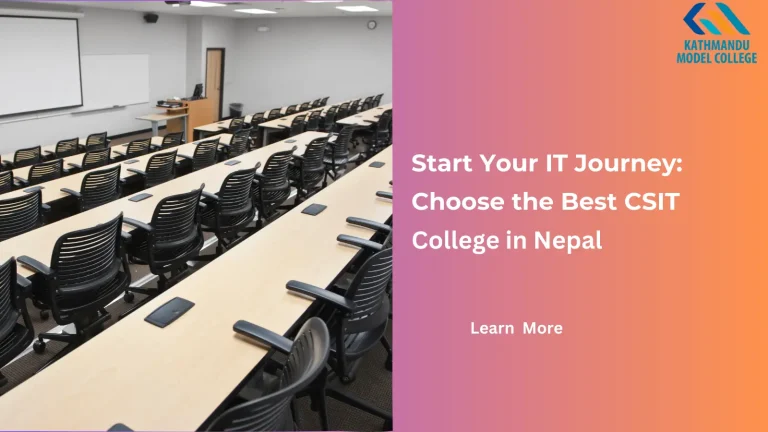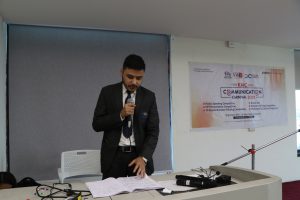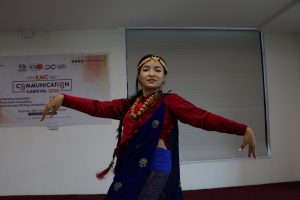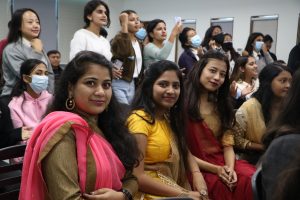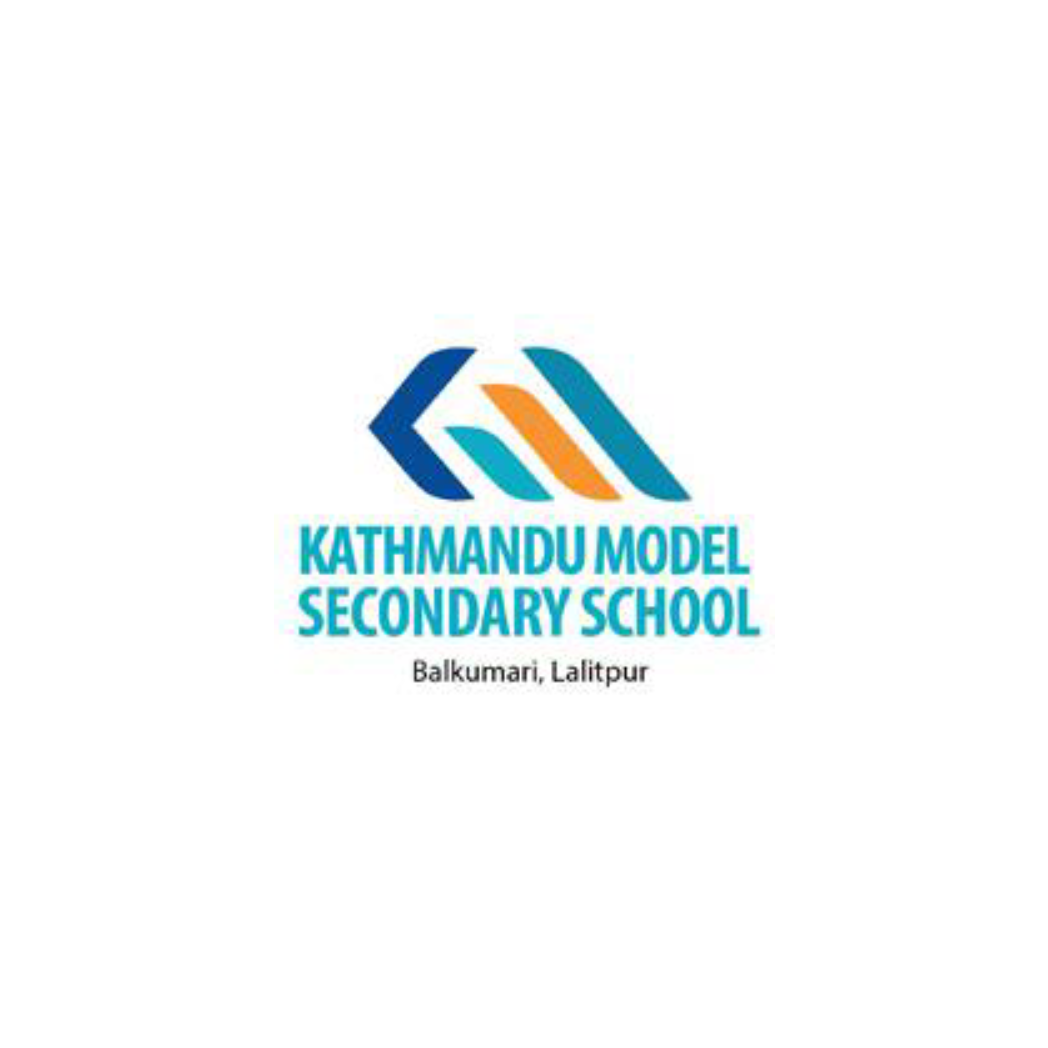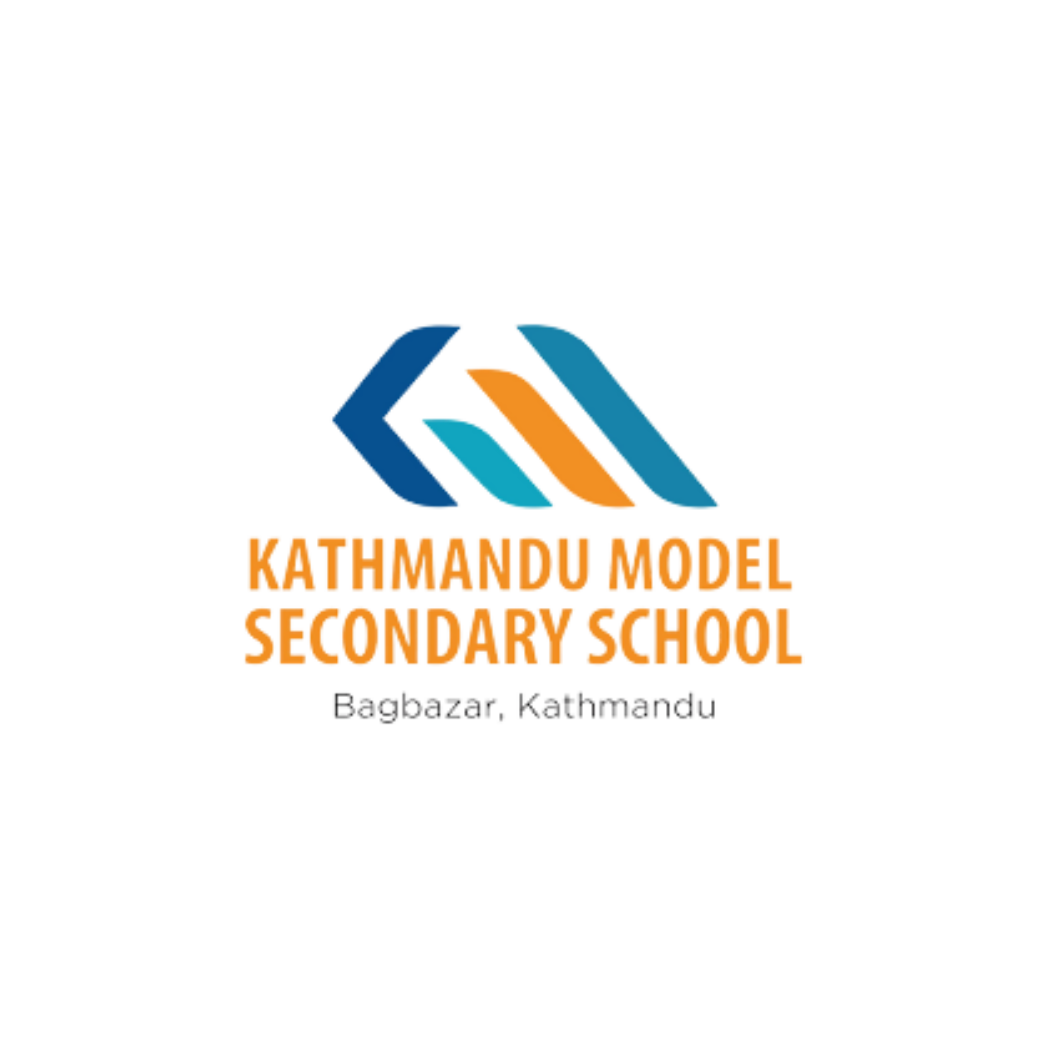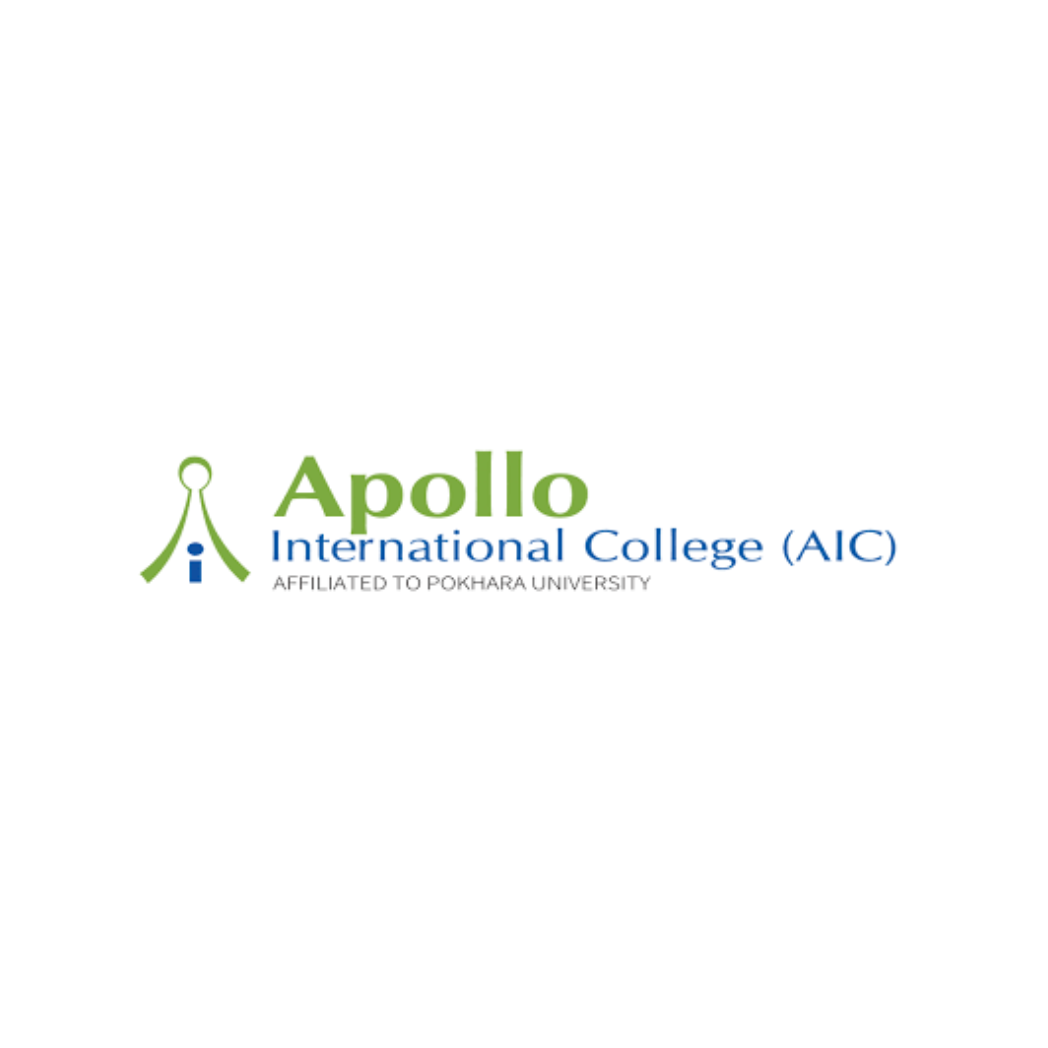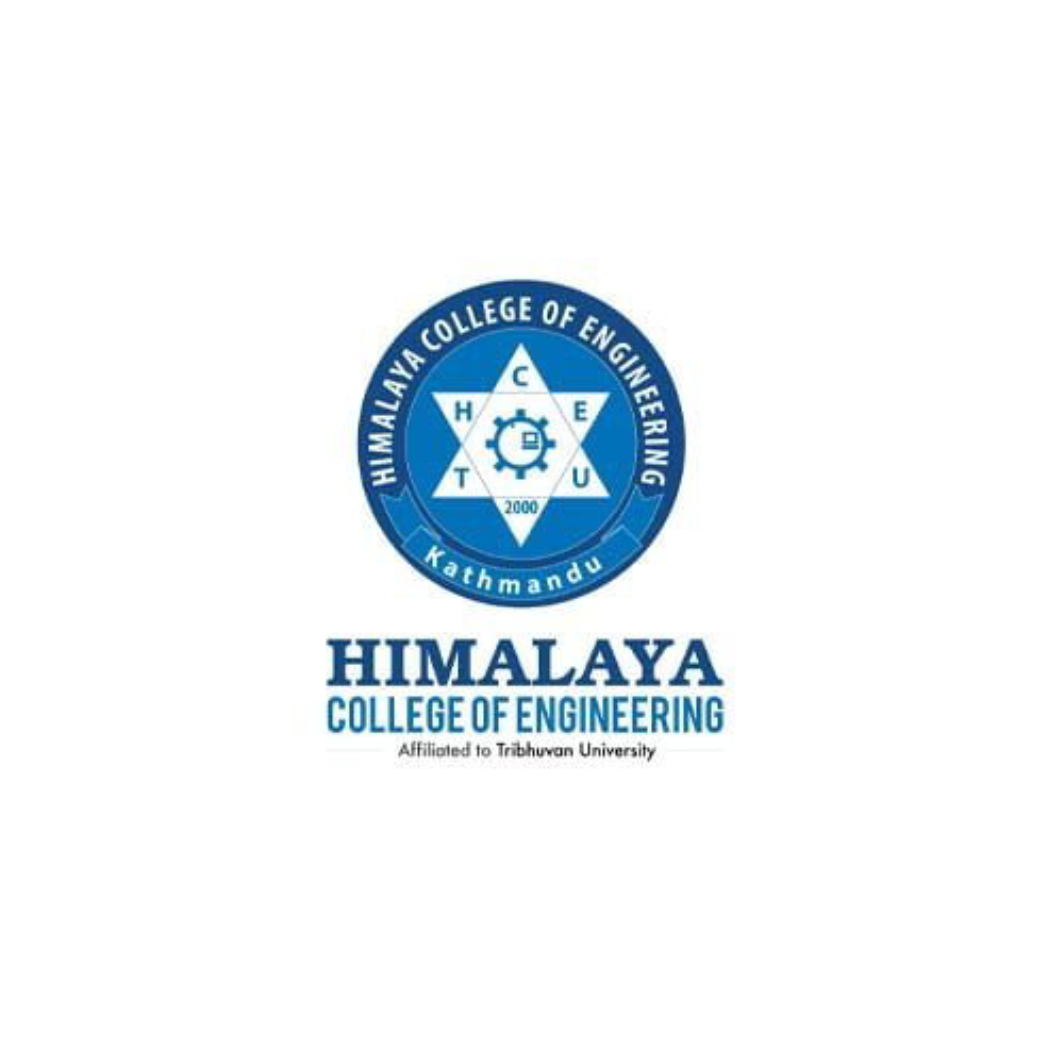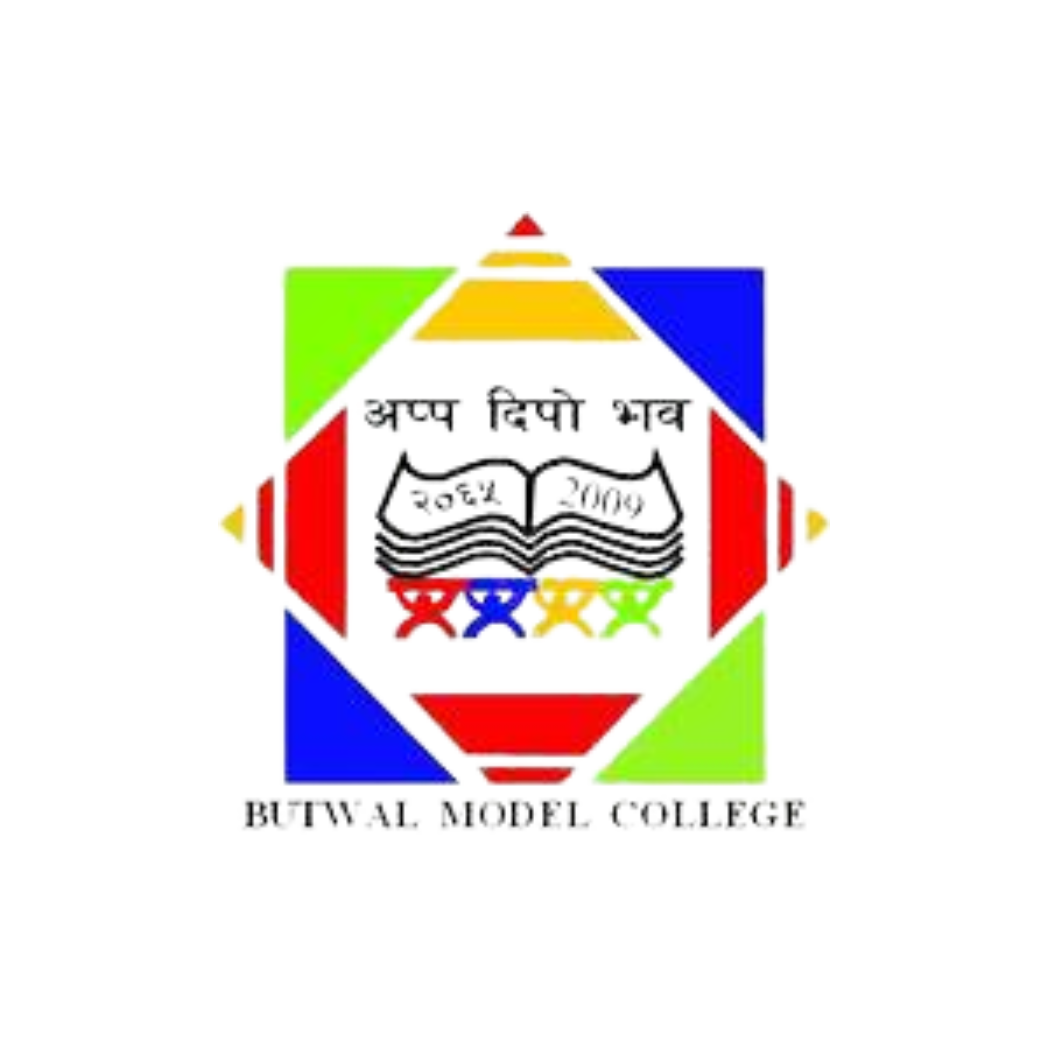
MA English TU Syllabus VS Other Universities
MA English TU Syllabus Programs
Tribhuvan Universit’s Masters of Arts in English provides students with an understanding of the English language and its literary traditions. The curriculum is carefully crafted to offer a balanced combination of core and elective courses. Which allows students to customize their learning journey based on their passions and professional aspirations. The program is structured under the annual system, which entails a yearly evaluation and progression. Below is an overview of the typical MA English TU syllabus structure:|
Core Courses |
Elective Courses |
|
1. English Literature: An Overview |
1. Literary Criticism |
|
2. Linguistics in English Studies |
2. Postcolonial Literature |
|
3. British Literature: Historical Perspectives |
3. American Literature |
|
4. Literary Theory and Criticism |
4. World Literature |
|
5. Research Methodology in English Studies |
5. Contemporary Literature |
Comparative Analysis of MA English Syllabus
To know the differences in the MA English Programs. Let us compare the courses offered by different universities in Nepal. This will help us see what makes each program unique. Here’s a look at the main courses offered by three universities:|
University |
Core Courses |
Elective Courses |
System |
|
Tribhuvan University, Nepal |
English Literature, Linguistics, British Literature, Literary Theory, Research Methodology |
Literary Criticism, Postcolonial Literature, American Literature, World Literature, Contemporary Literature |
Annual |
|
Pokhara University, Nepal |
Western Literature, Literary Criticism, Comparative Literature, English Language Teaching, Research Methodology |
South Asian Literature, Postcolonial Studies, Global Englishes, Literature and Society, Literature and the Environment |
Semester |
|
Kathmandu University, Nepal |
Literary Movements, Critical Theories, English Language Studies, Contemporary Literature, Research Methodology |
Gender Studies in Literature, Postcolonial Literature, World Literature in Translation, Literature and Film Studies, South Asian Literature |
Semester |
TU VS. Other Universities
Comparing the MA English programs across the University of Nepal. It becomes evident that every institution has a different approach to that subject. All the universities in Nepal i.e. TU, KU, PU, offer a different approach to MA English Curriculum. To better understand the differences, let’s examine the course content offered by these universities in the table below:| University | Core Courses | Elective Courses | System |
| Tribhuvan University, Nepal | English Literature, Linguistics, British Literature, Literary Theory, Research Methodology | Literary Criticism, Postcolonial Literature, American Literature, World Literature, Contemporary Literature | Annual |
| Nepal Sanskrit University, Nepal | Sanskrit Literature, Sanskrit Linguistics, Sanskrit Grammar, Sanskrit Poetics, Research Methodology in Sanskrit Studies | Vedic Literature, Classical Sanskrit Drama, Sanskrit Epics, Sanskrit Aesthetics, Sanskrit Philosophical Texts | Annual |
| Purbanchal University, Nepal | English Literary History, Literary Criticism and Theory, World Literature in Translation, Contemporary Literary Trends, Research Methodology in Literary Studies | Gender Studies in Literature, Postcolonial Literature, Comparative Literature, Literature and Film Studies, South Asian Literature | Semester |
| Pokhara University, Nepal | Western Literature, Literary Criticism, Comparative Literature, English Language Teaching, Research Methodology | South Asian Literature, Postcolonial Studies, Global Englishes, Literature and Society, Literature and the Environment | Semester |
| Kathmandu University, Nepal | Literary Movements, Critical Theories, English Language Studies, Contemporary Literature, Research Methodology | Gender Studies in Literature, Postcolonial Literature, World Literature in Translation, Literature and Film Studies, South Asian Literature | Semester |
Admission Process
Tribhuvan University (TU)
- Application procedures typically involve submitting a completed application form, academic transcripts, and relevant entrance examination scores.
- Distinctive features include a focus on academic performance in undergraduate studies and a comprehensive entrance examination that assesses candidates’ language proficiency and critical thinking skills.
- Admission criteria are based on a combination of academic merit, entrance examination results, and performance in the personal interview.
Nepal Sanskrit University (NSU)
- Application procedures primarily revolve around submitting a completed application form, academic transcripts, and relevant entrance examination scores with a specific emphasis on Sanskrit language proficiency.
- Distinctive features include a comprehensive assessment of candidates’ knowledge of Sanskrit literature and language, along with an emphasis on the understanding of ancient philosophical texts.
- Admission criteria primarily focus on academic performance in Sanskrit studies and performance in the entrance examination.
Purbanchal University (PU)
- Application procedures typically involve the submission of an application form, academic records, and scores from relevant entrance examinations, focusing on language proficiency and critical analysis skills.
- Distinctive features include an emphasis on the analysis of literary texts and critical thinking abilities, along with an assessment of candidates’ understanding of contemporary literary trends.
- Admission criteria are based on a holistic evaluation, considering academic performance, entrance examination results, and performance in the personal interview.
Pokhara University (PU)
- Application procedures involve the submission of an application form, academic transcripts, and relevant entrance examination scores, emphasizing language proficiency and critical analysis skills.
- Distinctive features include an evaluation of candidates’ understanding of global literature and their ability to analyze cultural contexts within literary works.
- Admission criteria primarily focus on academic performance, entrance examination results, and performance in the personal interview.
Kathmandu University (KU)
- Application procedures typically include the submission of an application form, academic transcripts, and scores from relevant entrance examinations, with an emphasis on language proficiency and critical analysis skills.
- Distinctive features include an assessment of candidates’ understanding of contemporary literary theories and their ability to apply these theories to various literary texts.
- Admission criteria consider academic performance, entrance examination results, and performance in the personal interview, focusing on the candidates’ potential for scholarly research and critical analysis.
FAQs about MA English TU Syllabus
The MA English program at TU consists of core and elective courses, following either an annual or semester system.
The TU syllabus may have unique offerings and specialisations, which we’ll compare with other universities, highlighting similarities and differences.
The admission process typically involves submitting an application, meeting specific requirements, and possibly an entrance exam or interview. We’ll delve into the details.
Yes, we’ll discuss the specific requirements, such as educational background, entrance exams, and any additional criteria set by TU.
Research expectations may vary among universities. We’ll explore the research requirements at TU and compare them with other institutions.
We’ll discuss the potential career paths and job opportunities for MA English graduates, considering both TU and other universities.
Absolutely! TU may offer specialisations within the program, allowing you to focus on specific areas of English literature.
